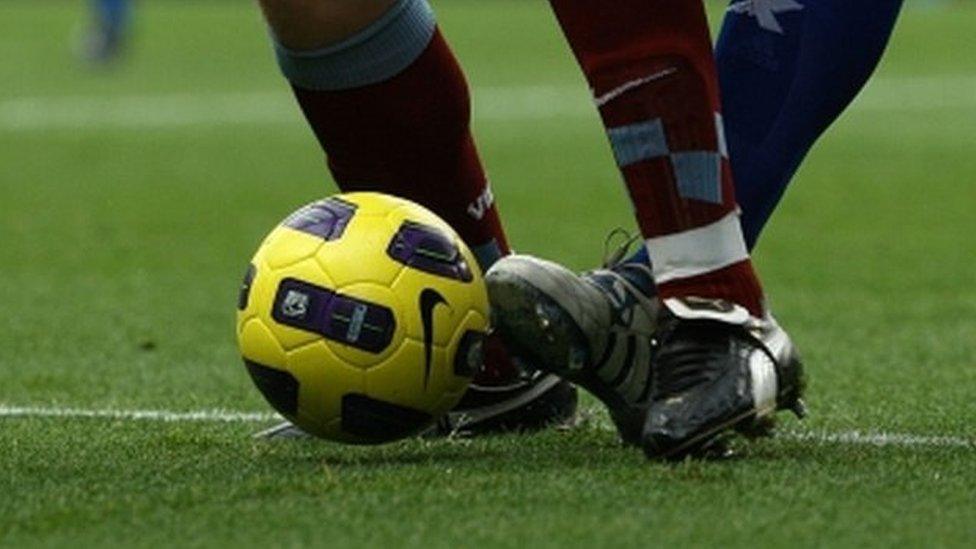Rio 2016: Success to inspire 'nation of sport watchers'
- Published
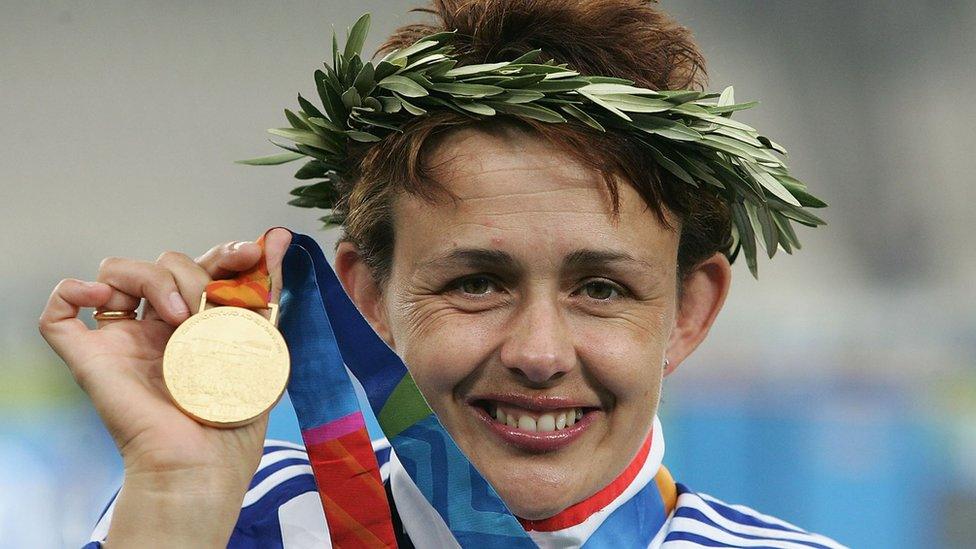
Tanni Grey-Thompson won gold medals at four different Paralympic Games
Olympics success must be used to change a nation of sports watchers into participants, according a former Paralympics gold medallist.
Welsh competitors in Rio won 10 medals, surpassing the seven collected at London 2012.
Baroness Tanni Grey-Thompson said Wales is more a nation "that likes watching sport" than a sporting nation.
She also said budget cuts mean the upcoming Paralympics will not "move the movement on around the world".
Speaking to BBC Radio Wales' Sunday Supplement, Baroness Grey-Thompson said people "dip in and out" of sporting participation.
She cited the example of Wimbledon, saying it may inspire people to buy tennis rackets, but keeping them interested in the sport for longer than the summer is the difficult part.
"People call us a sporting nation, but I think we are a nation that really likes watching sport," she said.
"But we can't change that and get people active without investment in places like schools."
Newport East AM and cabinet minister John Griffiths said "money wins medals" and investment in elite athletics will inspire others to take part.
However, he said this must be balanced with investing in communities around Wales to get more people physically active.
Mr Griffiths said there are "very strong" community-focused schools in some areas.
But he wants to see all schools opening up in the evenings and weekends, allowing as many people as possible to use facilities.
'Nerve wracking'
Baroness Grey-Thompson - who won gold medals at four different Paralympics - said the build-up to next month's event will be "nerve wracking".
Despite cuts to venues, media centres, the workforce and transport, it was announced that it will go ahead as planned in Rio.
"Transport is a potential problem - with wheelchair issues on how many of them you can fit on a bus," she said.
"If I look back to Atlanta (1996), there was burger and chips three meals a day, no accommodation. These things add extra layers of distress.
"But most (British) athletes are laid back. They compete in challenging conditions all year."
However, she said these changes mean her "high hopes" for Rio giving massive impetus and exposure to disability sports around the world have now disappeared.
She said: "I'm not sure it will move the Paralympics movement on around the world.
"It won't change the world as I hoped it would."
- Attribution
- Published21 August 2016
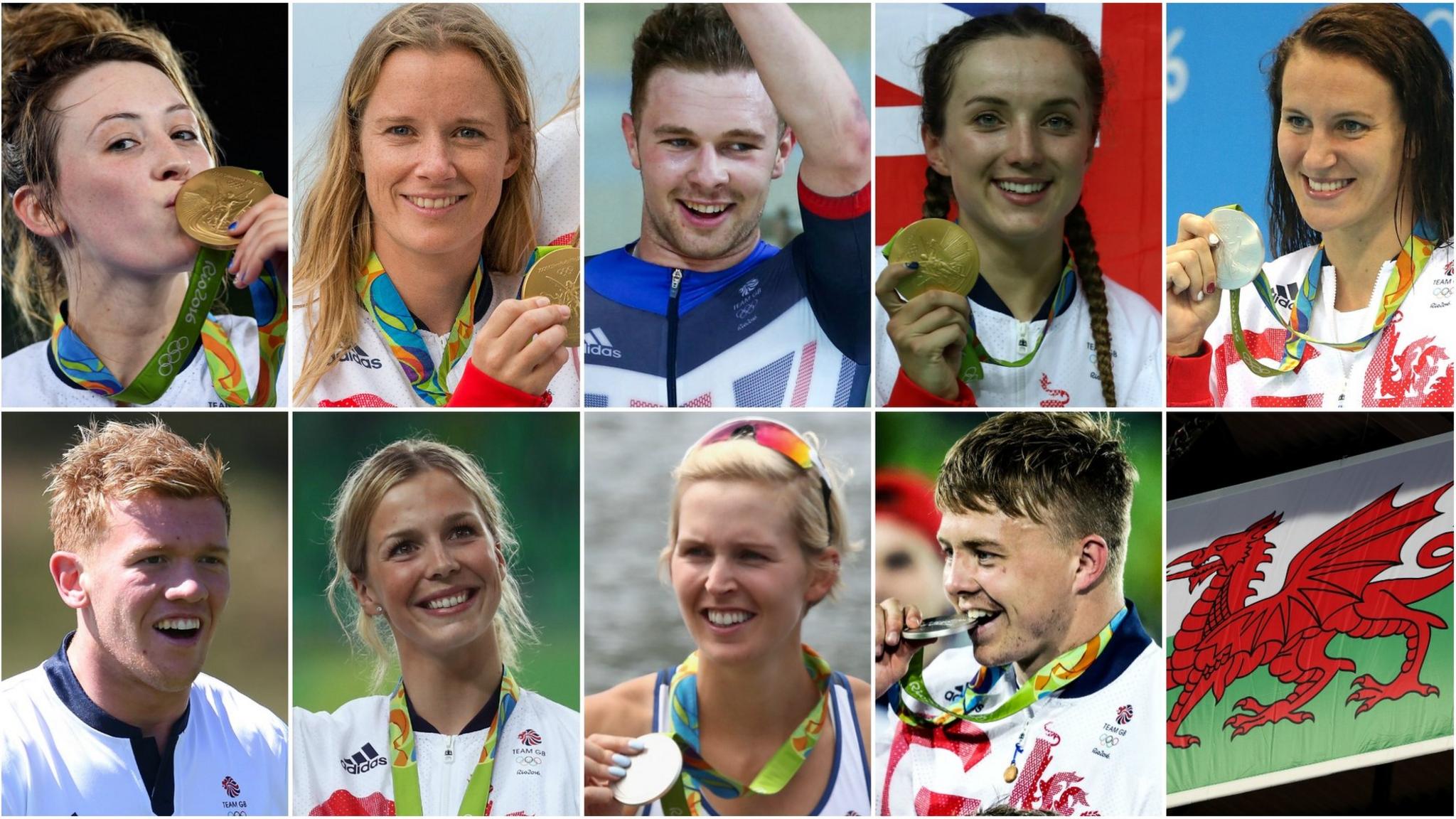
- Attribution
- Published20 August 2016
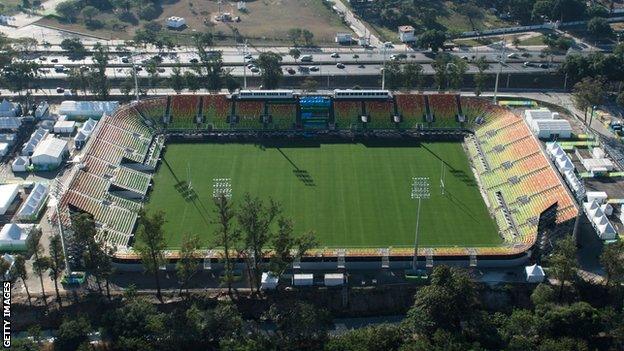
- Attribution
- Published17 August 2016
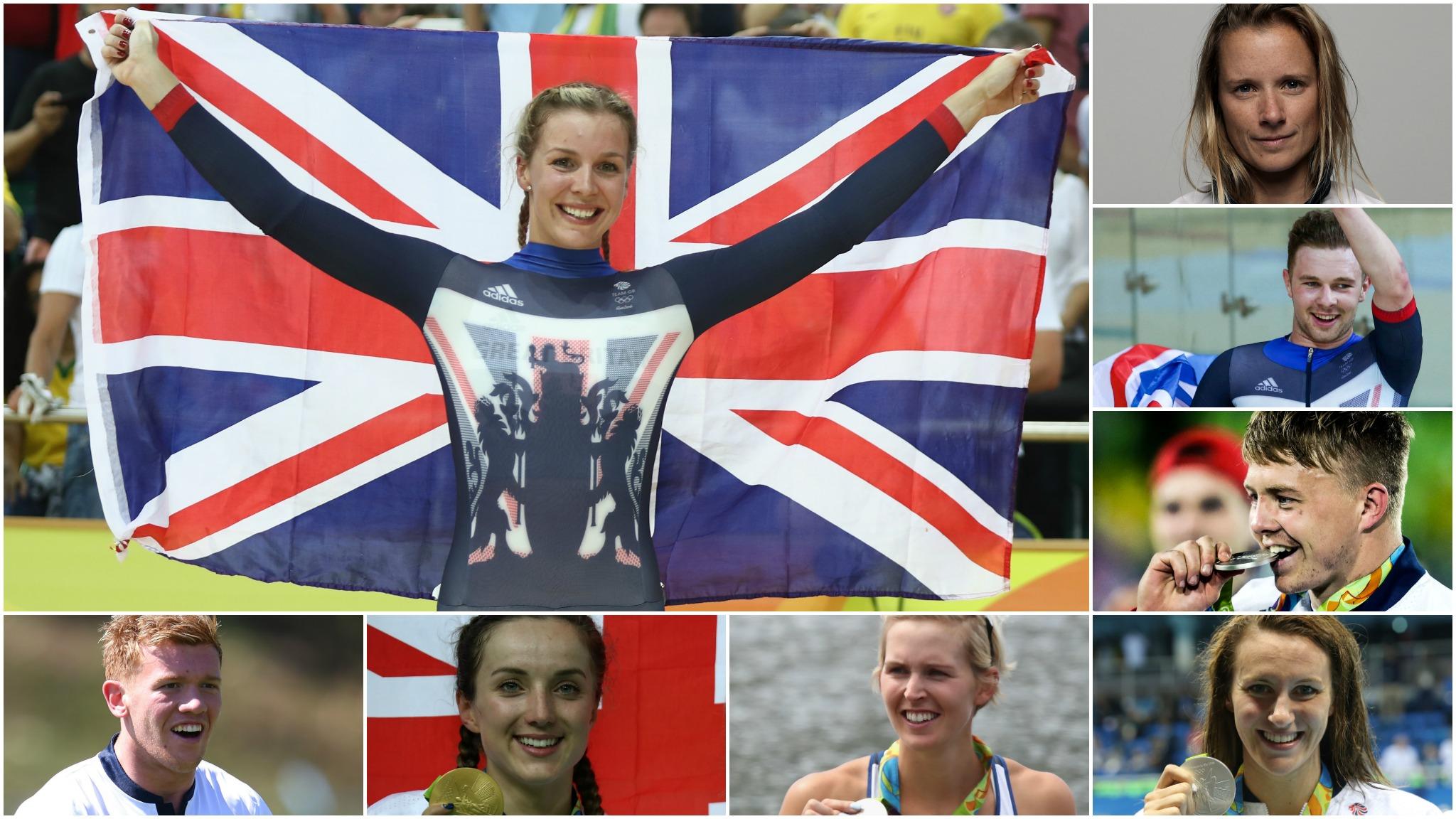
- Published16 February 2016
